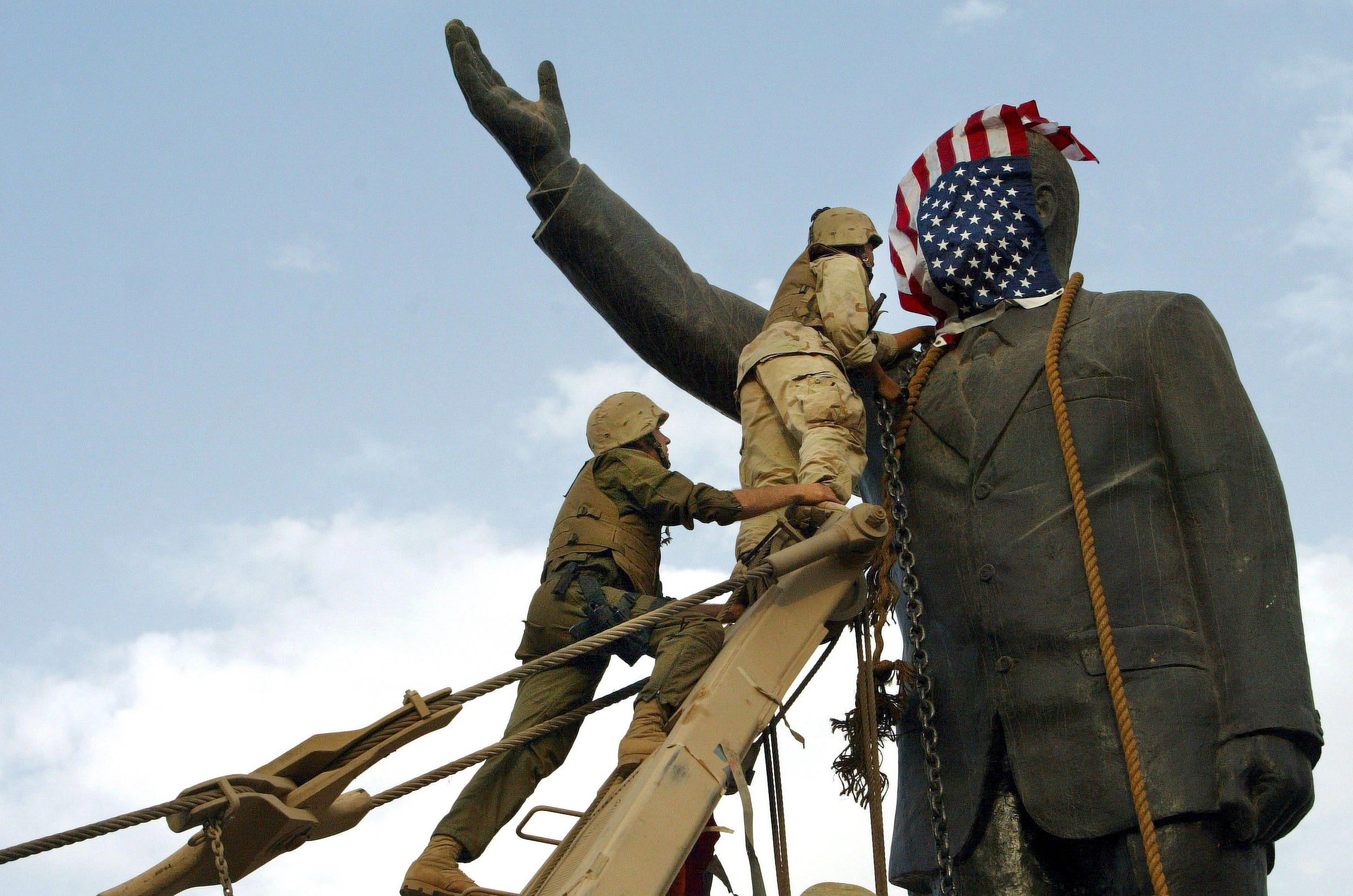
Others, however, find it impossible to make any meaning of their trauma. Some even experience a greater appreciation of life and become more aware of their psychological strengths.

For some, it can improve relationships with others and promote religious or spiritual growth. Many find that trauma puts good things in perspective. The meaning-making process typically occurs in one of three ways: searching for and finding meaning searching for and never finding meaning and never searching for meaning. And, whether it’s necessary or adaptive depends on a number of factors. But, meaning-making takes effort and is multifaceted. In general, when a person is successful in meaning-making, he or she often experiences less emotional distress. Post-captivity, these survivors empowered themselves by taking moral stands to fight oppression and hatred where they could. In an examination of how 133 older adult Holocaust survivors dealt with their trauma, many reported that even while they were still imprisoned, they kept hope alive by believing in liberation, trying to envision the positives the future might hold, and cultivating constructive attitudes, such as gratitude. Curbing the pain as best as possibleĮxtensive research has taken place on the concept of meaning-making after a wide variety of traumatic experiences and stressful events. By the time of Frankl’s death in 1997, “Man’s Search for Meaning” had become incredibly influential – having sold more than 10 million copies in 24 languages. In this piece of survival literature, Frankl argued that even when an individual is transgressed upon in the most vicious and evil of ways, they must make a choice to search for value and meaning and move forward with renewed purpose. In 1946, he wrote a book titled “Man’s Search for Meaning,” describing his concentration camp experiences as well as a new type of therapy. Ronald Zak/AP Photoįrankl’s survival strategy in the face of such prolonged and severe trauma was to try to help his fellow prisoners re-establish their own psychological health. How did Frankl and others like him work through their traumas and transcend such historic and mass violent loss?

He watched fellow prisoners descend from denial to apathy. Frankl witnessed people being sent to the crematoriums. His parents, brother and wife were all killed in the camps. Viktor Frankl, an Austrian psychiatrist, was a prisoner in four different German concentration camps, including Auschwitz and Dachau, during World War II. For some, meaning-making is a core coping mechanism, a salve to the aching soul. It involves people reappraising their experiences and looking for opportunities to learn and grow.

It is a concerted attempt to process and resolve violations by restoring a sense that the world is meaningful and life worthwhile. Meaning-making goes beyond a surface understanding of the facts. In an attempt to make sense out of extremely stressful and traumatic events, some people find that finding or creating meaning or purpose helps them transcend the pain. We wonder how some people in our world have become, not only unhinged, but venomous and vile. The slaughtering of innocent people, be it in a place of worship, a school, a nightclub or a concert, violates our sense that the world is a good and safe place. But creating meaning and finding a coherent narrative is often very positive adaptive psychological response.įor many of us, trauma shatters our basic assumptions. How do we emotionally digest such hatred and tremendous loss of life? How do we make sense out of something so senseless?Īs a trauma psychologist, let me say there is no single formula for recovery from traumatic events. As the last of the funerals were held for the 11 people gunned down at the Tree of Life synagogue in Pittsburgh, many of the survivors, their loved ones and the world are left with terribly heavy hearts.


 0 kommentar(er)
0 kommentar(er)
